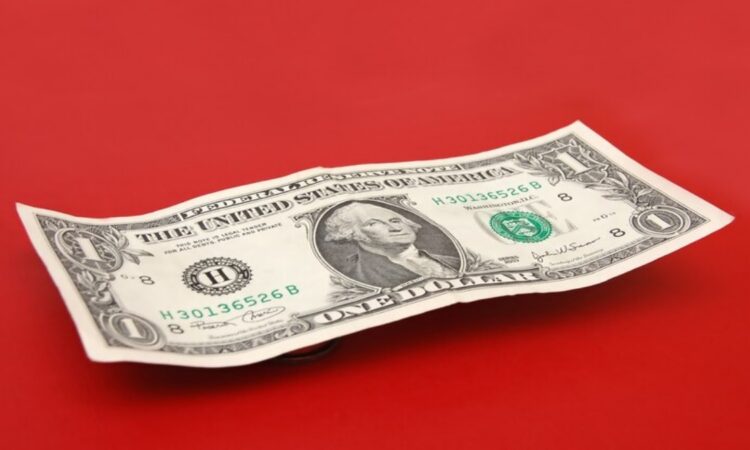
By Dr Aparaajita Pandey
The world for the longest time has survived on the US dollar. As the global economics moved away from the gold standard, the US Dollar managed to climb to the top and make the become the emperor of all currencies. As a person who has neither great understanding nor a keen willingness to comprehend the charts and theories of classical economics, it was easy to build a correlation between the strength of a currency and its ubiquitousness. Grade 11 economics taught me about the concept of Purchasing Power Parity and the world taught me that the easiest way to gauge the Purchasing Power Parity of a society was to compare the price of a ‘Big Mac’ in the currency of that country to the reliable old American Dollar.
The American Dollar gained its proverbial queen bee status due to a multiplicity of factors, and some of the ones that can be focused on are that the USD became a standard for transactions in international trade involving all nations that participated in international trade, and that the USD also became a perimeter to compute foreign exchange reserves of all countries. As globalisation engulfed all the countries of the world and open economies became the norm, the USD became more indispensable with every transaction. The USD today has a hegemony over 58 per cent of global market
However, the geopolitics and geoeconomic patterns that have directed global politics and economics for decades are at the precipice of a change. These changes have been a long time in the making. As the US finds its economic and military position being challenged it has also been observed that the globe is finally and truly moving towards a multi polar world, and the multiple poles of power are ready to enter a post – dollar world. Post – Dollar economies are essentially economies that are globalised and yet do not rely on the USD to be their agreed upon currency for transaction. As simple as this concept might sound, it hasn’t found much success in the past and often draws sanctions upon the participating nations; however, as a new world order waits on the horizon; the dream of a post dollar economy is becoming more real with each passing day.
It was about three decades ago when Francis Fukuyama prophesied the ‘End of History’ for a world that was going to be unipolar, this transition would probably be as significant but less jarring. While the world looks towards this move it is also a reality that is well acknowledged that a spaghetti bowl of currencies can’t be an answer to the USD, therefore, it is essential that a common currency is arrived at and agreed upon. This is where the BRICS can find their niche.
The BRICS conceived this idea a long time ago in 2006 with they were the BRIC and since then they have grown leaps and bounds only to now involve five more countries namely Egypt, Ethiopia, Iran, UAE, and Saudi Arabia have joined the grouping in addition to the original Brazil, India
BRICS is a group that comprises two of the most populous countries, some of the world’s biggest economies, and a group of countries that are enjoying not only the demographic dividend of their populations but also are constituted of a burgeoning middle class with an expanding spending power. It will also be in favour of many countries in the world that have previously suffered at the hands of economic sanctions that were imposed by the US dollar to switch to a currency other than that of the USD.
A BRICS currency would be a great alternative to the USD once BRICS nations work out their internal complications around the currency and have everyone on board equally. It would be a welcome alternative to the hegemony of the USD, but it remains to be seen if it can ever become a reality.
The author has a PhD in Latin American Studies from Jawaharlal Nehru University.
Disclaimer: Views expressed are personal and do not reflect the official position or policy of Financial Express Online. Reproducing this content without permission is prohibited.



